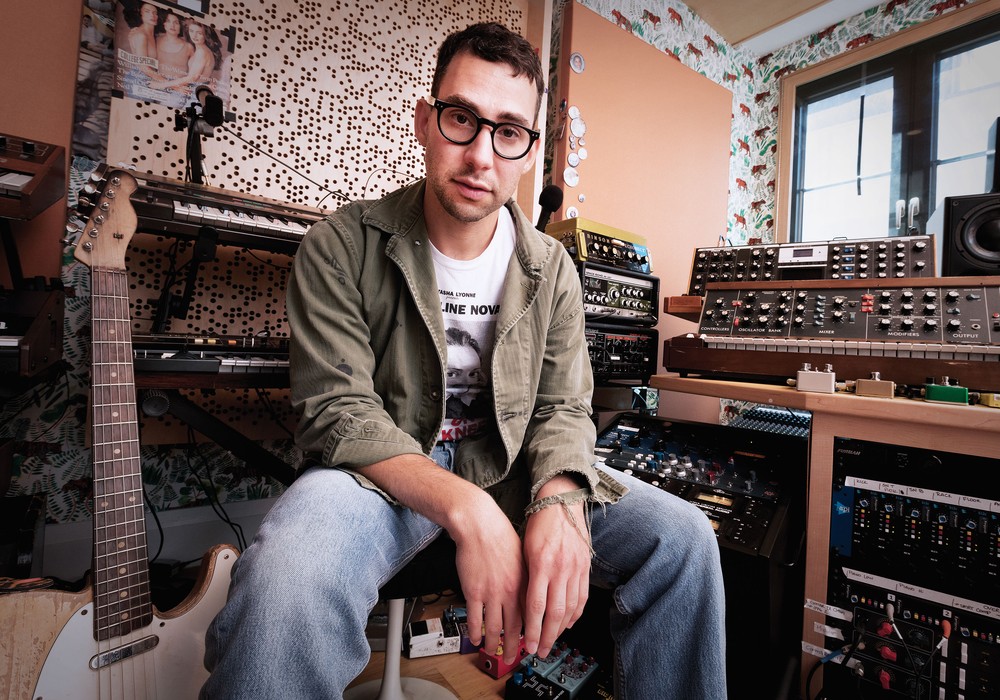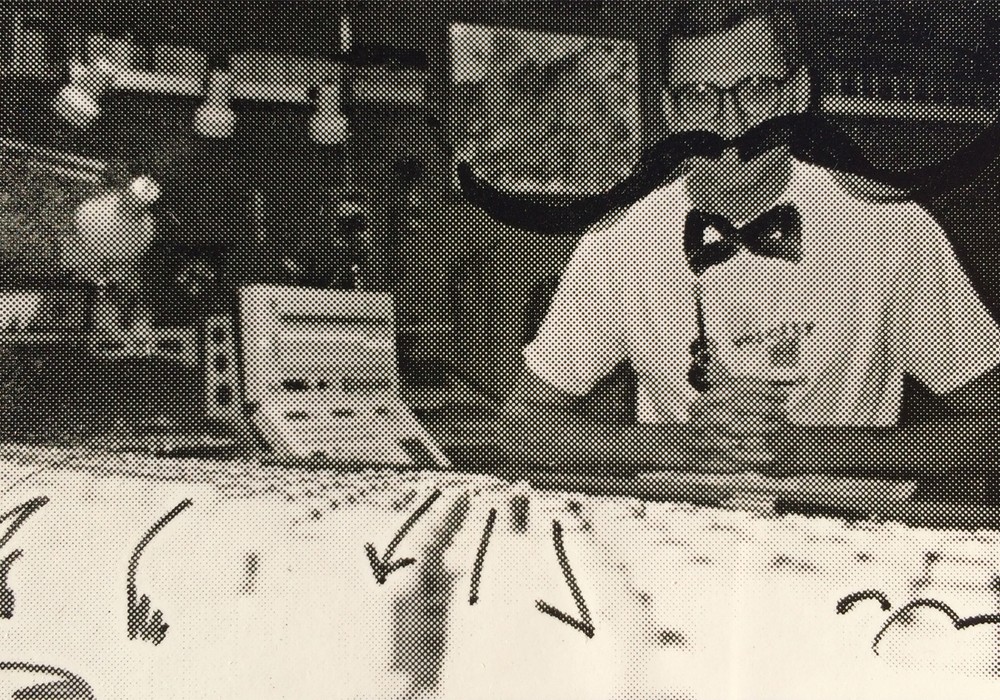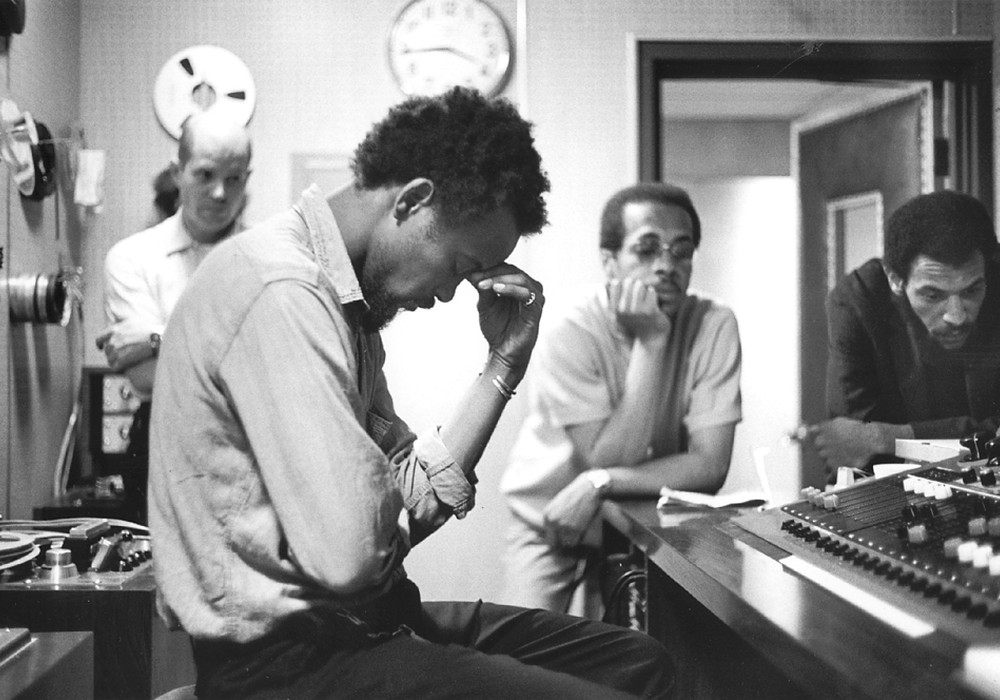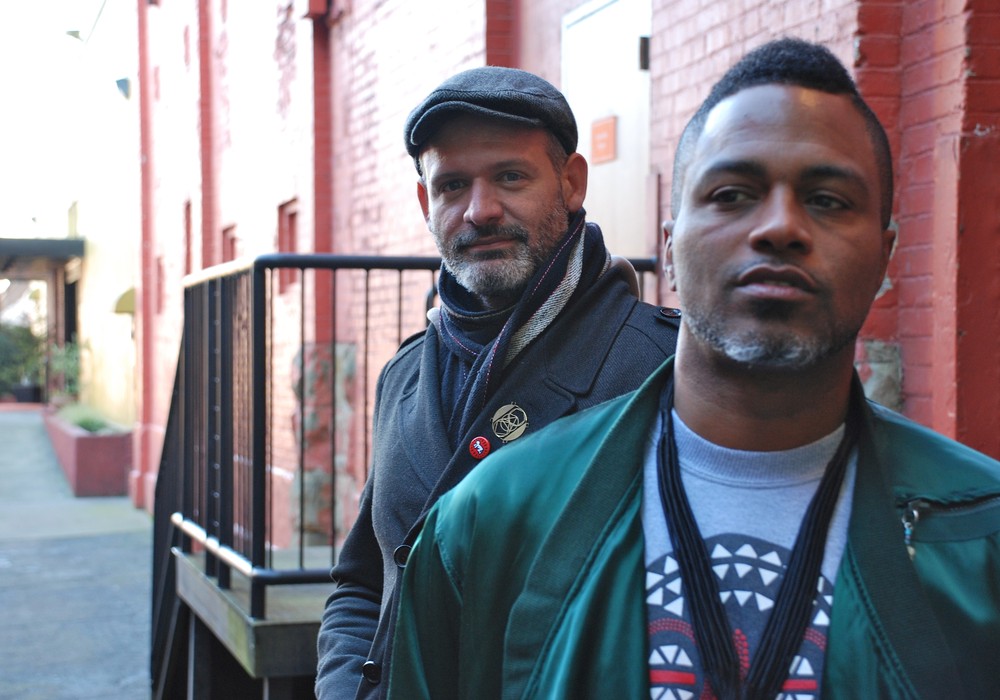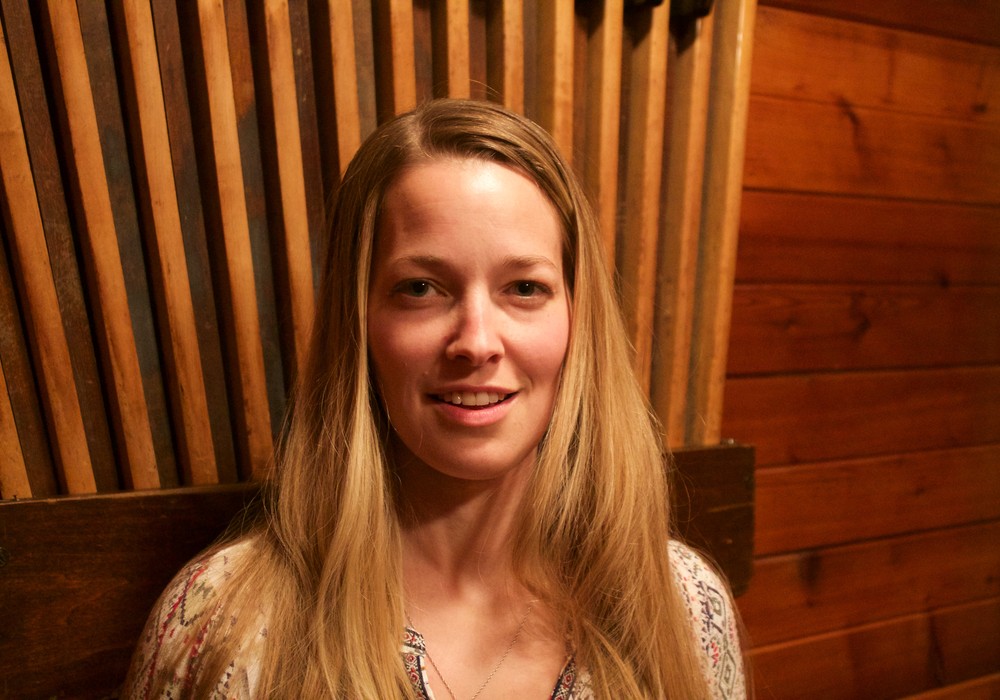Now I know a lot of people established in the industry today say, "A school can't teach you about recording, what could a class possibly teach you about the complexities of the recording industry?"
Now, I agree that school and the real world are very different. What school does offer is a chance for young engineers, like myself, to develop their skills and test out ideas, before their paycheck, and more importantly their reputation, is on the line. Students hear from engineers in the industry that have learned through the school of hard knocks, and may prevent making the same mistakes. I also find that the coffee running intern sometimes ends up teaching the established engineer how to do some trick maneuvers with Pro Tools.
When I realized my passion for recording I was majoring in music at Sonoma State University (SSU) where I currently attend. I went to SSU after graduating from South Tahoe High School to continue my studies and my career as a punk guitarist. But what I found at SSU, besides no punk bands, was a disappointing choice as far as musical instruction... jazz or classical. Hmmm, which category do Bad Religion, Minor Threat and NOFX fall into?
Anyway, I chose classical and grew out my fingernails to play with the ensemble. It was around this time that I had discovered a little known secret about the music department: It has a recording studio. Way down in the basement of the music building is a door that reads "Walford Studio." Named after the professor who started it, Walford is a custom facility equipped with one main room, 3 isolation booths, the control room and a tech bench. Equipment includes a 24x8x24 inline Spirit console, a two track analog Ampex, three 20-bit ADATs, two full racks of outboard gear, and a Pro Tools set up with CD burner. Oh and don't forget the flashing Budweiser sign shaped like a guitar. This is college, what do you expect?
I later found that the music department offers a minor titled "Recording Arts Concentration" but no major. I thought it sounded interesting, so I signed up for 'Recording I.'
The core of the program is comprised of four semesters (Recording I-IV) teaching everything from physics of sound and signal flow to mixing and digital multi-tracking. The first course was tough, but we covered a lot of useful information. It wasn't, "This is how you record a drum set, and this is how you mic a saxophone." We learned about acoustic envelopes and microphone patterns and the professor let us discover, on our own, what sounds good and what doesn't.
After the first semester I was hooked. I appreciate classical music and all, but my Leo Brower days were over... hand me the fingernail clippers. I knew I wanted the recording minor, but I still wasn't sure what to major in. I contemplated Communication Studies, which offers radio and video production, but I really wanted to pursue recording. I looked at other universities that had recording majors like Chico State, and some of the commercial recording programs, but my instant rice and Top Ramen budget kept me where I was.
I continued cracking away at my GES wondering how I could get a degree in recording. I was also spending increasing time in the studio until something out of the ordinary happened. I was visiting my advisor trying to figure out what to do when he suggested something to me called ITDS. "What?" I said. He told me that Interdisciplinary Studies (ITDS) is a department at Sonoma State University where people can create a "Special Major" that may consist of courses in two or more departments.
After tracking down the coordinator of the department, I sat down and told him about my situation. I verbally unloaded on the guy my passion for recording and that I want my own recording major. He sat back in his chair and looked me square in the eyes and said, "Are you on drugs?" He understandably misread my excitement for a crack twitch. Hey, I was just eager to discover the possibilities.
He instructed me to compile a list of all the courses I was interested in so he could take a look....
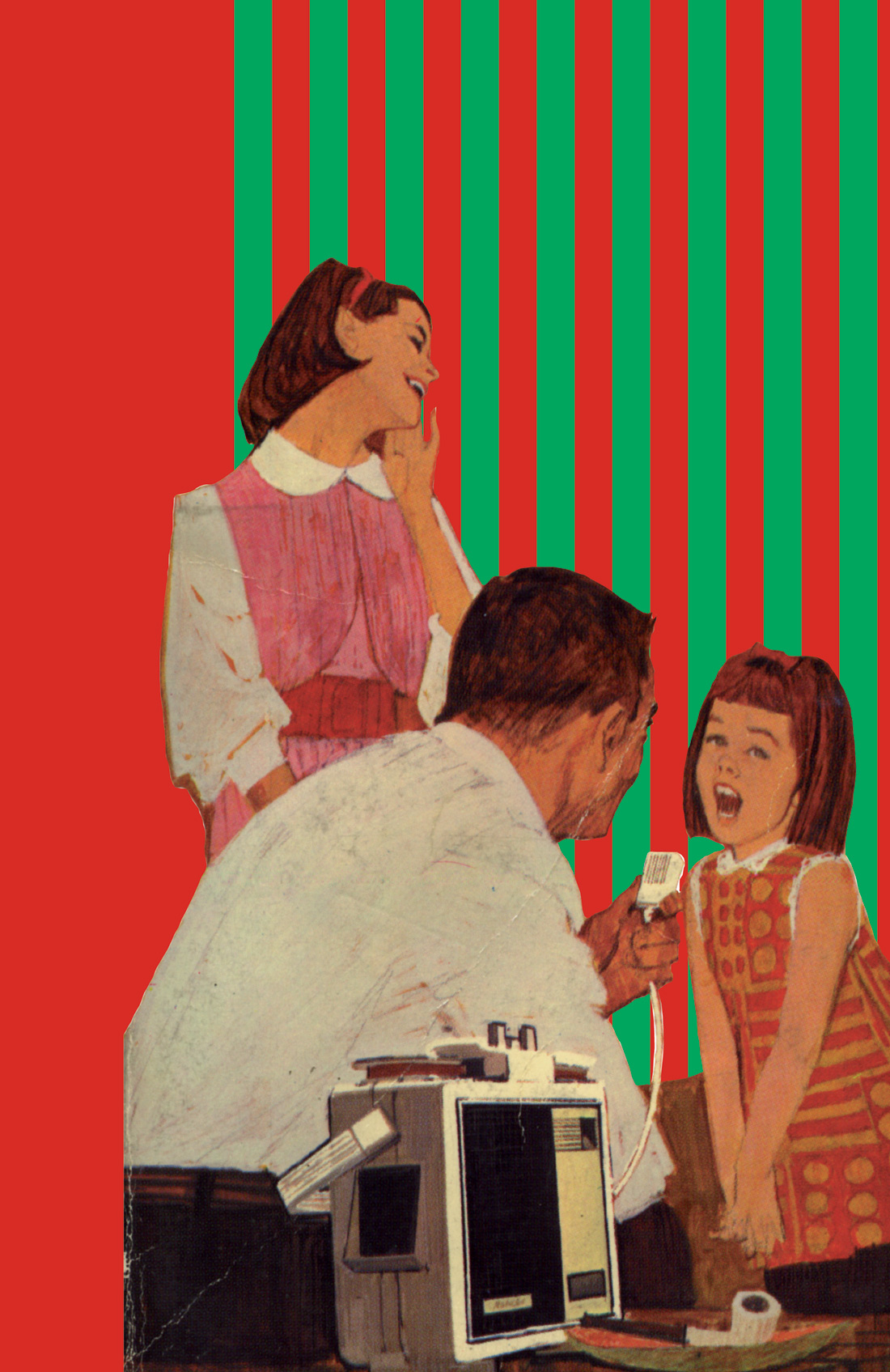

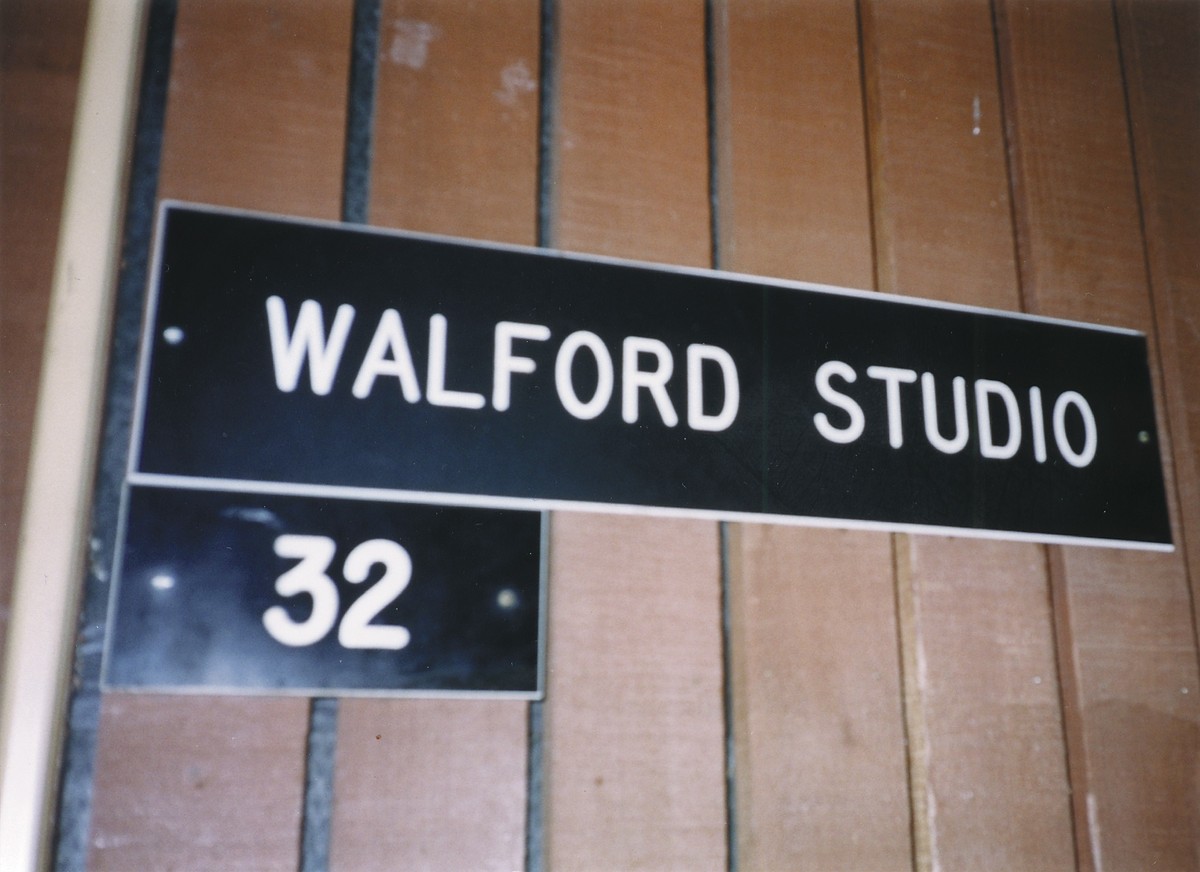
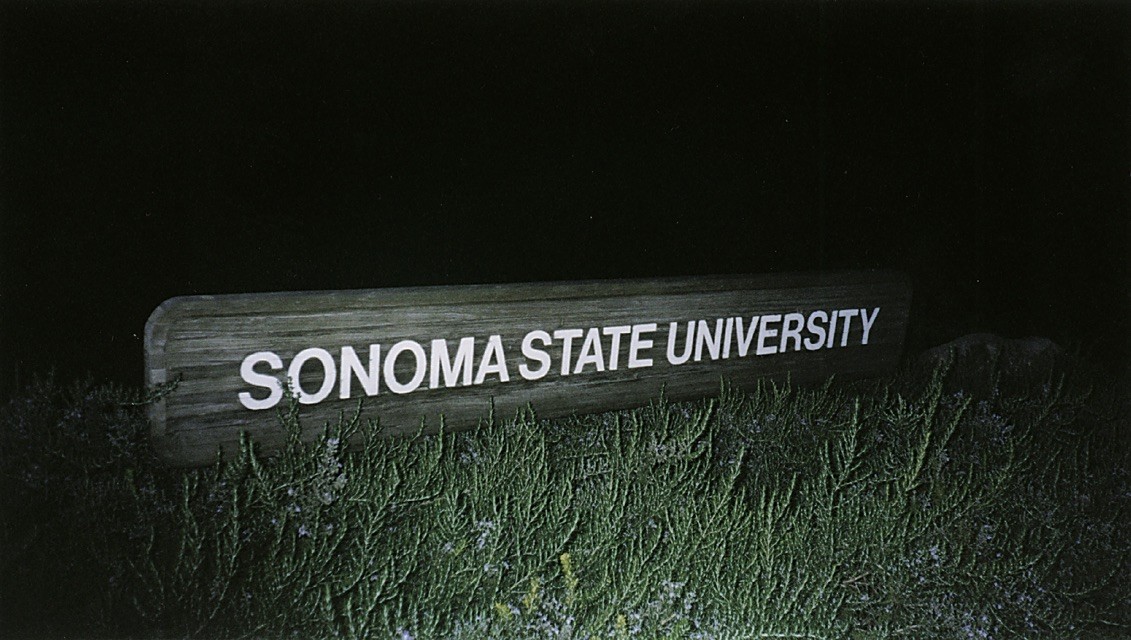
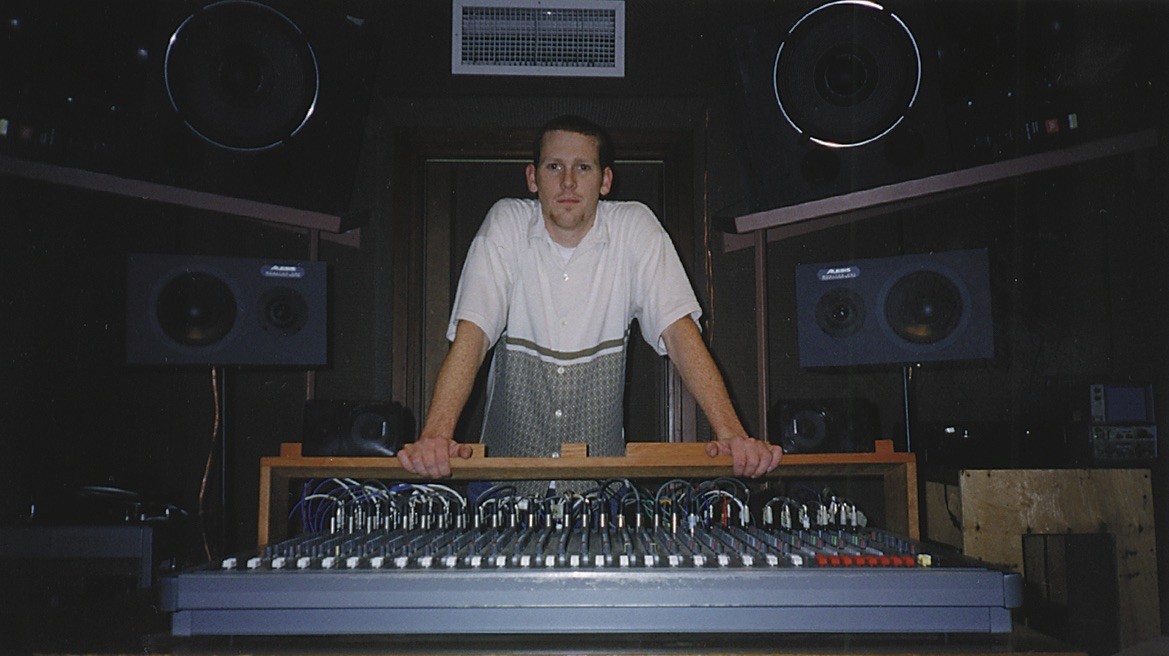
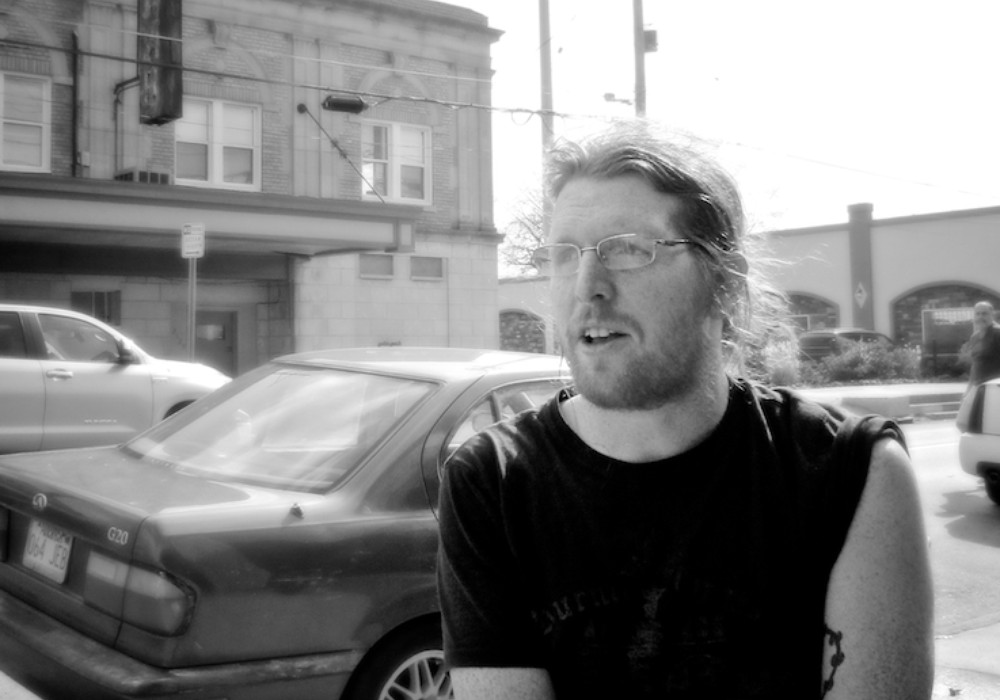
_display_horizontal.jpg)
